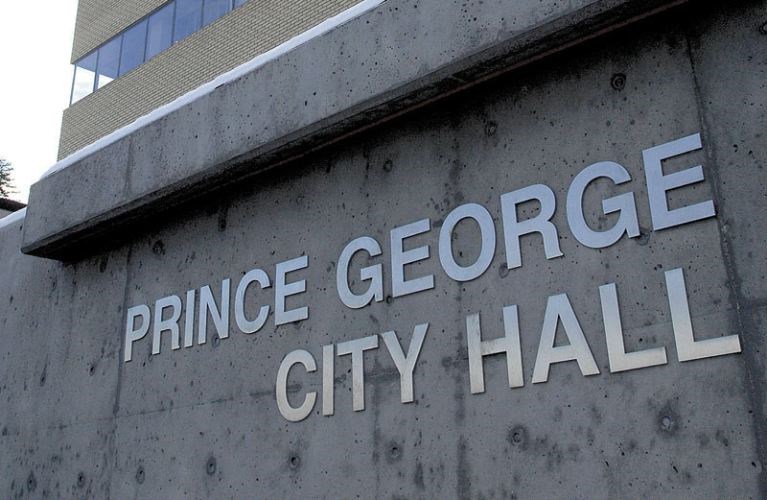City council approved a 4.3-per-cent increase to the property tax levy in passing an operating budget for 2019.
Going into the meeting, council was looking at a four-per-cent hike but added another 0.3 per cent in the form of three enhancements adding up to $304,020:
$75,000 to pay for a community cultural plan.
$90,000 towards construction of the All Wheels skate and bike park in Blackburn - plus $22,720 per year for upkeep and servicing the washrooms.
$116,300 to staff and service Masich Place Stadium. Of that, $101,800 would pay for two staff to cover weekends and evenings from April to November.
In all, the 4.3-per-cent hike works out to $4.45 million and out of that, $1 million will cover the new Employers Health Tax, based on a rate of 1.95 per cent of the city's payroll.
The EHT was invoked by the provincial government to replace the Medical Services Premium and for the city, effectively accounts for a percentage point of the increase.
Council members took time to point out it is an increase they fought to prevent but is now a done deal.
"We asked for it to be removed from local governments, from regional districts, from school districts, and they said 'yes, we will remove it, but only from the school districts' so we're stuck with it," Coun. Garth Frizzell said.
A further $1.5 million will go towards snow control, raising that budget to $8.5 million while road rehabilitation will get a $650,000 boost and push that budget up to $5.65 million.
Coun. Brian Skakun expressed plenty of concern about increasing the snow control budget and was particularly critical of the city's response to the this winter's first major snowfall.
"I talked to a number of people including employees and we didn't have fully-trained people out there when we could have, we had some issues with contractors, there's issues of getting weeks behind cleaning fire hydrants and things like that," he said.
"We have to do more work with our snow removal program and just throwing more money at it isn't going to solve the problem."
But others said the increase is necessary.
Coun. Frank Everitt noted what happened when the city did away with keeping grader operators on retainers as a cost-saving measure, only to go back to that arrangement when the city got caught unable to properly deal with a snowfall in 2014.
He also noted the increase is in part to build up a contingency fund so the city is not going to the taxpayer year after year to seek an increase.
The heat council might take in the near term will be "nothing to the heat we will take if we're unable to meet the demand of the snow removal out there within our community," Everitt said, and added the intent is to be proactive.
In the end, Skakun joined the rest of council in approving the increase.
The hike to snow control comes after the cost of winter sand pickup, amounting to $1 million per year, was transferred from the road service category to more accurately account for the true cost of the service.
In addition to taking on the cost of winter sand pickup, the $1.5 million increase is also meant to account for the "rare capital expenditures that the snow control function faces," according to staff.
And in answer to the volatility in the amount of snow that can fall on the city from one year to the next, staff is also hoping it will be enough to generate a reserve equal to 25 per cent of the service's net expenses, or $2.125 million.
The $650,000 increase to road rehabilitation will go towards maintaining bridges, gravel roads and urban lanes. At $5.65 million, the budget still falls well below the $7 million staff recommended in 2011 following an analysis by the asset management division.
A remaining $50,000 will go into the general infrastructure reinvestment fund, raising it by two per cent to $2.55 million to keep pace with inflation.



